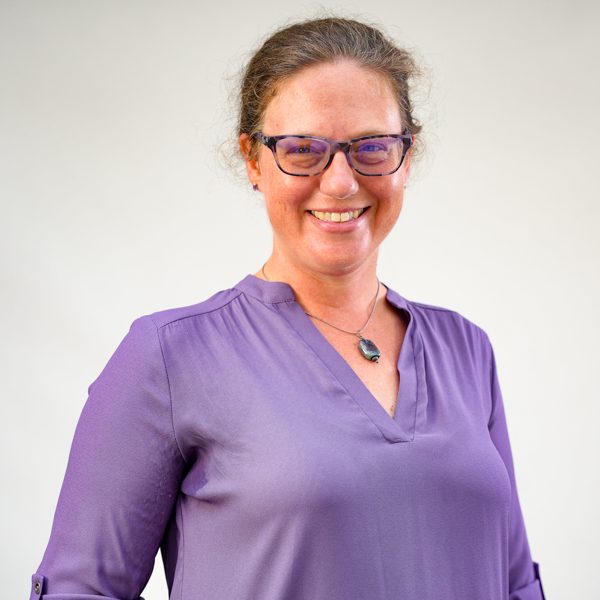
Whitney Blackburn-Lynch, Ph.D.
Assistant professor of engineering
Phone:765-983-1670
Email:[email protected]
Pronouns:she/her/hers
Location: Center for Science and Technology Room 210
801 National Road
Richmond, IN 47374
About me
I went to college with the intention of being an imagineer (engineers that designs rides for Disney theme parks). My educational path took a turn and I decided to follow a path that led to environmental engineering and water resource management.
After I completed my Master’s Degree in Environmental Engineering I gained experience working as permit reviewer for state government and spent time as a reclamation design engineer. After some time as a practicing engineer, I decided that I needed something more in my life and I followed a passion into seminary where I studied as an interfaith minister and received my ordination in 2012.
When I completed seminary, I realized that I could not continue to work in my particular field of engineering and I chose to return to school to get my PhD. I had intended to get my PhD for a number of reasons, but making a career in academia was not one of them. However, to earn a little extra money, I applied to teach Physics Labs at a local community college. I fell in love with teaching and have taught at community colleges and R1 Universities.
Even before obtaining my PhD I had dreams of teaching engineering at a liberal arts college, so I am extremely excited to be teaching and working with students here at at Earlham College.
In addition to being an engineer, I am an ordained minister, mindfulness coach, and spiritual director. I love outdoor sports (SCUBA, hiking, biking, kayaking, pickleball), martial arts (I am a blackbelt in TKD, a red belt in Krav Maga, and am learning Kung Fu), baking, cooking, and photography.
I am really excited about getting to work with students on engineering projects and research around Earlham, Richmond, Indiana and maybe even the world.
Education
- PhD, Biosystems and Agricultural Engineering, University of Kentucky, 2015
- Ordination as Interfaith Minister, International Seminary for Interfaith Studies, 2012
- M.S., Environmental Engineering, Duke University, 2000
- B.A. Mathematics, Berea College, 1998
Professional memberships
- American Society for Engineering Education
- American Society of Civil Engineers
- Professional Engineering Licenses: Kentucky, West Virginia, Ohio, Indiana, Illinois
Research projects
Introducing Student Wellness Components in the Engineering Classroom
Scholarly interest
- Positive Psychology and Mindfulness in Engineering Classrooms
- Riparian Zone reconstruction
- Watershed reconstruction
- Inclusive Spaces
- Affordable Design Solutions
Published works
Blackburn-Lynch, Whitney C, Matthew Sleep, 2022. Work in Progress: Creation and Implementation of Mental Wellness Initiatives in First-Year Engineering with Faculty Development. ASEE Conference Proceedings.
Wilson, Sarah, Whitney C Blackburn-Lynch, Katie Wilder, Isabella Armstrong, Joseph Hammer, Daniel Dailey, 2022. Investigating Mental Health Distress and Help-seeking Perceptions in First-year Engineering Students. ASEE Conference Proceedings.
Lumpp, Janet K., Whitney C Blackburn-Lynch, Jennifer Lovely, Laura M. Letellier, Julie G. Whitney, Kimberly W. Anderson, and Susan Herrick, 2019. Helping Transfer Students Succeed: Establishing Pathways to Include Transfer Students in a First Year Engineering Program. FYEE Proceedings: July 2019
Lumpp, Janet K., Whitney C. Blackburn-Lynch, Doug J. Klein, Laura M. Letellier, Jennifer L. Lovely, Neil F. Moore, and Julie G. Whitney, 2018. Instrumentation and measurement in a first-year engineering program. IEEE Instrumentation & Measurement Magazine 21(3): 20-35. https://doi.org/10.1109/MIM.2018.8360913
Blackburn-Lynch, Whitney, Carmen T. Agouridis, and Christopher D. Barton, 2017. Development of Regional Curves for Hydrologic Landscape Regions (HLR) in the Contiguous United States. Journal of the American Water Resources Association (JAWRA) 53(4):903–928. https://doi.org/10.1111/1752-1688.12540